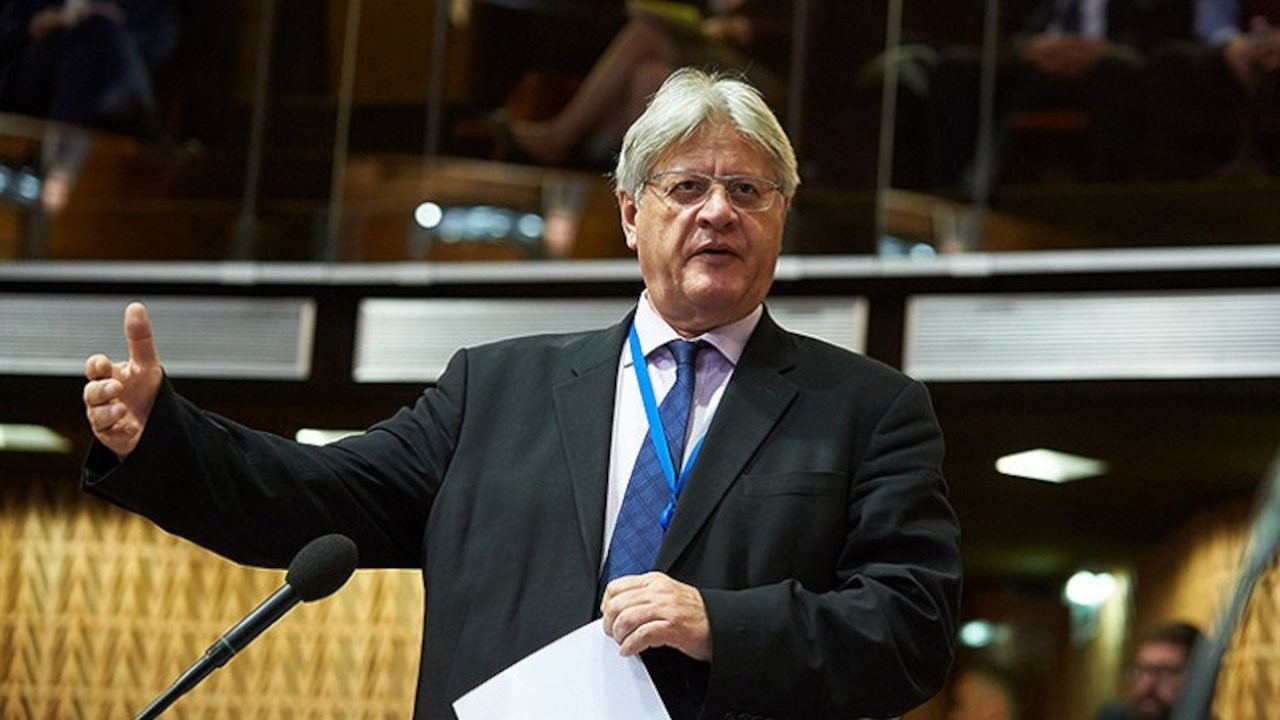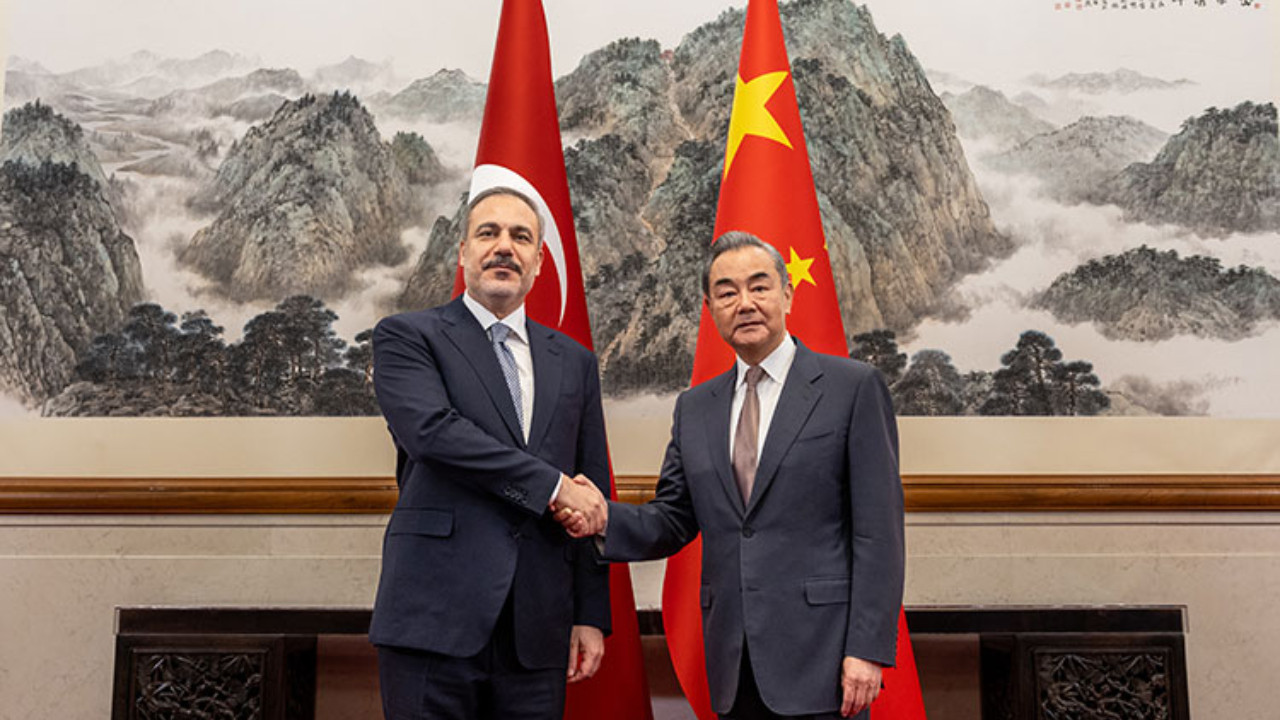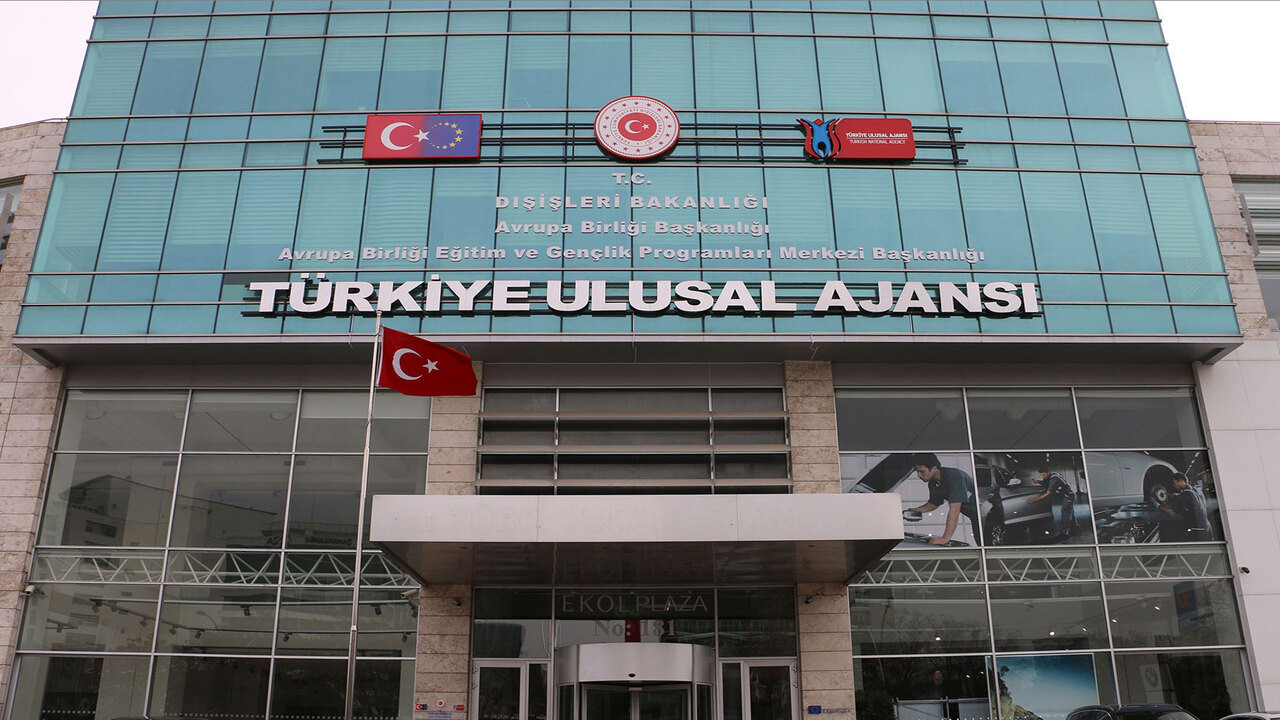Turkey's foreign minister attends EU meeting after five years
Turkey's Foreign Minister Hakan Fidan attends a meeting of EU ministers in Brussels for the first time in five years in a bid to boost ties. Ankara sees the EU's invitation to minister as an effort to seek dialogue, a foreign ministry source said.
Reuters
Turkey's foreign minister hopes to make progress on improving Ankara's rocky ties with the European Union on Aug. 29 when he attends a meeting of EU ministers in Brussels for the first time in five years, a source from his ministry said.
Turkey's two-decades-old bid to join the bloc has been frozen due to EU concerns over its human rights record alongside policy disputes in the eastern Mediterranean and over Cyprus.
At the same time, the bloc depends on NATO member Turkey's help, particularly on migration issues.
Tensions in 2019 between EU-member Greece and Turkey led to Brussels threatening sanctions against Ankara and cutting off some dialogue channels. Ties have improved since 2021, with high-level talks restarting.
Ankara saw the EU's invitation to Foreign Minister Hakan Fidan as an effort to seek dialogue, the foreign ministry source said. Deeper ties "with the understanding that Turkey is a candidate country" would benefit both sides, they added.
Fidan will convey Turkey's expectation that the "necessary will must be shown and concrete steps must be taken" to strengthen ties, the source said.
The meeting will include discussions on visas as well as modernising the EU-Turkey Customs Union, the source added.
Ankara has been calling for these talks to start for months, but little progress had been made.
Fidan will hold separate talks with EU foreign policy chief Josep Borrell and the bloc's commissioner for enlargement, Oliver Varhely, as well as his Greek, Spanish, Belgian, and Slovak counterparts, the source said.
Ukraine, tensions in the Middle East, the Southern Caucasus and other issues were also on the agenda, the source said.
The visit comes amid Ankara's repeated criticism of Western allies over what it calls their unconditional support of Israel in the war with Palestinian militant group Hamas in Gaza.

 Council of Europe rapporteur calls for Demirtaş, Kavala’s release upon visitHuman Rights
Council of Europe rapporteur calls for Demirtaş, Kavala’s release upon visitHuman Rights Turkish FM Fidan expresses desire to join BRICS during his visit to ChinaDiplomacy
Turkish FM Fidan expresses desire to join BRICS during his visit to ChinaDiplomacy Turkish gov’t funnels EU funds to Islamic cult associationsDomestic
Turkish gov’t funnels EU funds to Islamic cult associationsDomestic